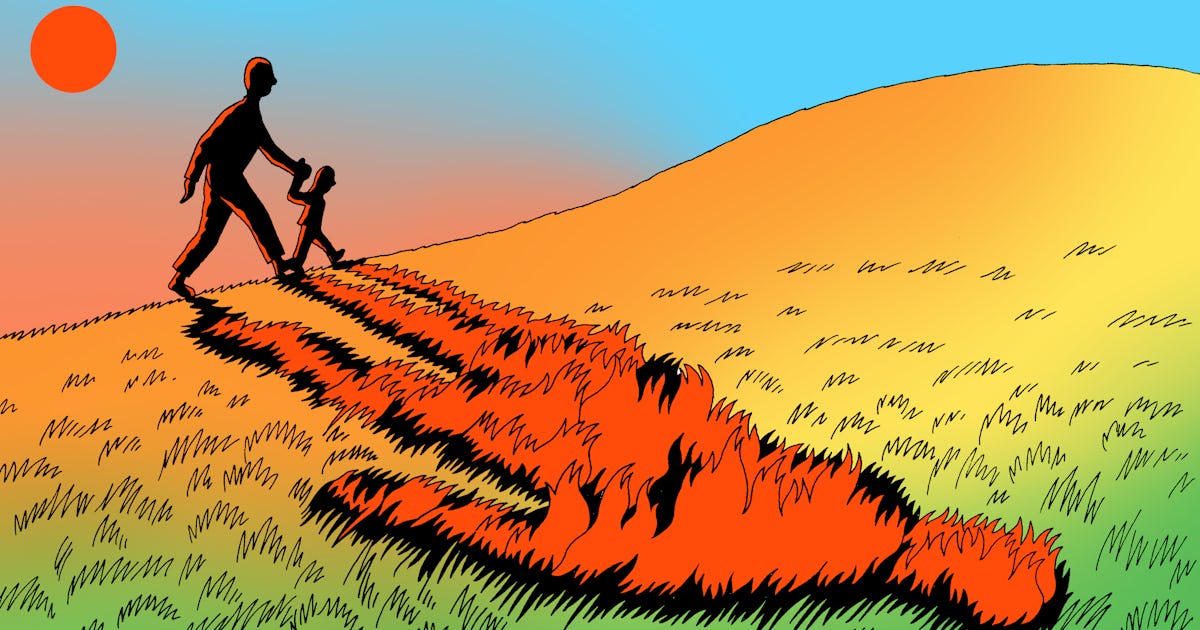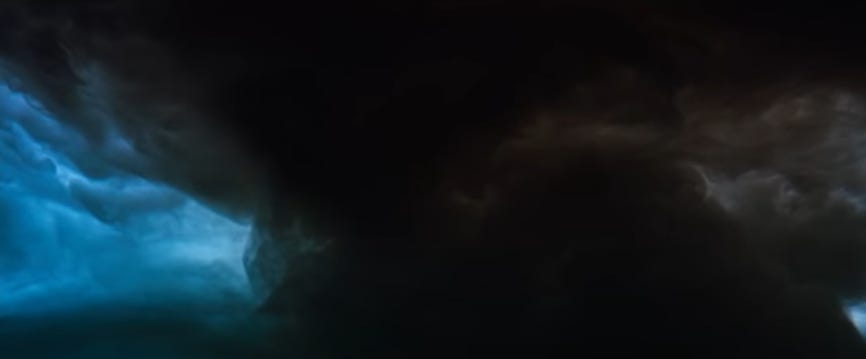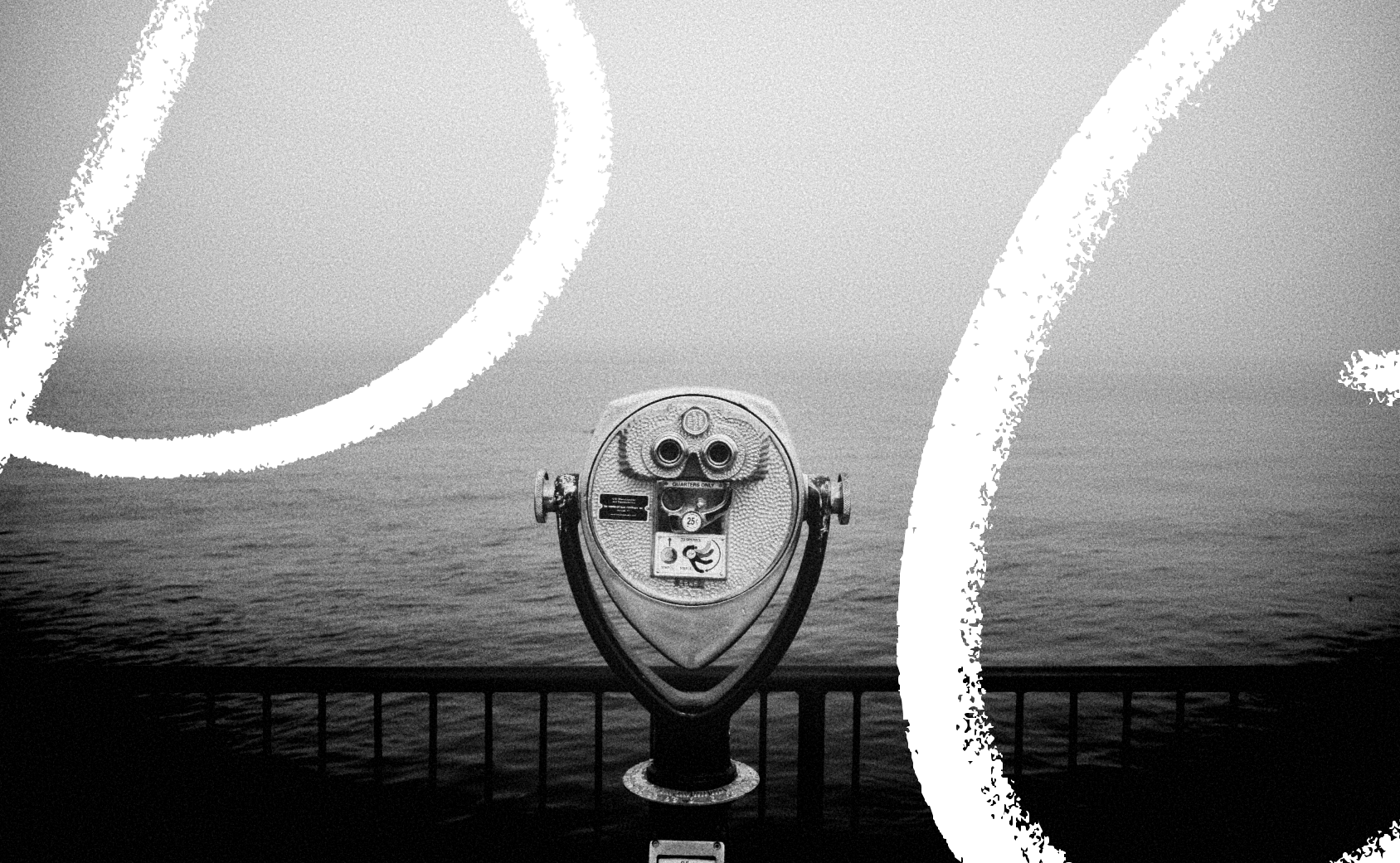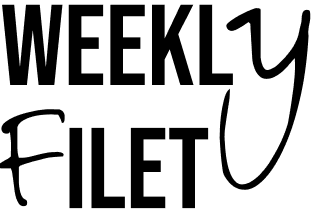Best of 2021
The ultimate selection of more than 500 recommendations from this year.
Welcome, välkommen, bienvenue, bienvenido, καλώς ήρθατε, welkom, bem-vindas, bine ati venit, dobrodošli, selamat datang, benvenuto, velkommen, tervetuloa, maligayang pagdating, स्वागत, herzlich willkommen!
Just in time for this special edition, new readers from 38 different countries all over the globe have joined us. I'm David, your diligent curator. This is the Weekly Filet with the very best to read, watch, listen to from all of 2021. Glad you're here.
For this issue, I have revisited more than 500 recommendations and instant-gratification links from this year's issues. I painstakingly narrowed them down to a list of twelve pieces that I'd consider quintessentially Filet-y. What does that even mean? When I pick recommendations for the Weekly Filet, I let these questions guide me:
- Does it help understand a complex, important issue?
- Does it foster empathy by making you see the world through others' eyes?
- Does it inspire self-reflection?
I hope you'll enjoy the selection — if you've been a regular reader throughout the year (thank you!), you'll obviously have some déjà-vus. Trust me, all of those pieces are worth your attention a second time.
This has been a special year for me. It's the first with two small kids and if I'd get the chance, I'd probably sleep for 72 hours straight (narrator's voice: he didn't get the chance). Given the circumstances, I'm really happy (and a little bit proud) to have pulled through with the newsletter.
And not just that. There are now almost twice as many of you reading this than at the beginning of 2021. We had wonderful book recommendations from the community (looking forward to doing them again next year!). I relaunched guest curated issues, moved the newsletter to a new platform and built the Gem Shuffle to make the vast archive more accessible. So...it's been a busy year 🙃
Best of 2021
Twelve Pieces that made a lasting impression on me, in no particular order, with the original introduction I wrote when I first recommended them.
1. This is your most important decision
I had never thought of it that way: «Your choice of career is the most important ethical decision of your life.»
80’000 Hours is a non-profit that helps people figure out how they can best use their career to help solve the world’s most pressing problems. In this article, they offer a framework anyone can use to make career decisions. Four factors define your impact:
- How pressing (or neglected) the problems you focus on are.
- How effective the solutions you pursue are.
- The amount of leverage you can apply to those solutions.
- Your personal fit for the path

2. Forget your carbon footprint. Let's talk about your climate shadow.
The carbon footprint is a flawed concept. Not only because BP popularised it to shift blame to individuals. It also limits itself to what can conveniently be measured (how much energy you use, what you eat, how much you fly,…). If we’re interested in an individual’s impact on the climate crisis, we’d want something more sophisticated. That’s why I like the idea of the «climate shadow». It «helps each of us visualize how the sum of our life’s choices influence the climate emergency». It includes how you vote. Where you work. How you use your influence on others. Anything that has an impact, good or bad. It might not be easy to measure, but that’s not the point.

3. Five Pandemic Mistakes We Keep Repeating
Unless you are lucky enough to live in one of those few places that managed the pandemic well (hi, dear readers in New Zealand!), much of this excellent analysis will feel all too familiar. I love, though, how Zeynep Tufekci puts the finger on all those infuriating failures, while at the same time reminding us to be hopeful.

4. The Gap — Ira Glass on Storytelling
We’ve all been there: You’re passionate about something, you work hard, and you start realising that what you’re making isn’t as good as you want it to be. There’s a gap. A gap between your abilities and your ambitions. Now what? Listen to Ira Glass. It’s a mere 2 minutes — but I’m sure it will resonate much longer.
5. Why adults lose the «beginner’s mind»
We tend to think of children’s brains as yet to be fully developed versions of adult brains (as a father of two small kids, I can confirm that it definitely feels like this). This hour-long interview with psychologist and philosopher Alison Gopnik gave me a new perspective. Children’s brains have some unique capabilities that fade in adults and that artificial intelligence can learn from. Newsletter writer’s adult mind: blown.

6. The greatest security threat of the post-truth age
You know what «national security» is. What about «epistemic security»? Strikes me as a highly relevant concept: a society’s ability to keep all its members well-informed. From the BBC piece: «If societies lose it, they will struggle to tackle some of the most worrying crises of the 21st Century, from pandemics to climate change. The Covid-19 pandemic has made one thing clear: It is difficult to coordinate the behaviour of an entire society — even in matters of life and death.

7. The 60-Year-Old Scientific Screwup That Helped Covid Kill
A detective story to the origins of the misconception that SARS‑CoV‑2 spreads via droplets, and not over the air. You don’t always need a butterfly for a perfect example of chaos theory.

8. Stop Telling Women They Have Imposter Syndrome
«Imposter syndrome took a fairly universal feeling of discomfort, second-guessing, and mild anxiety in the workplace and pathologized it, especially for women.» A very good read.

9. The Darkness
As the title gives away, this article will not lift your mood. In recent years, illiberal tendencies made headlines all over the globe, from China to the Philippines, from Turkey to Hungary, Brazil to the USA, to mention a few. Noah Smith connects the dots and argues that illiberalism is, indeed, on the rise again and that we could be looking at the darkest period since the 1930s. If you prefer a bite-sized version, here’s a Twitter thread by the author with the key points.

10. How Writing Can Help Us With Grief and Trauma
As someone who has been writing professionally in one way or another for a good 20 years, I tend to focus on what my writing can do for others. When I reflect on what it does for me, I tend to focus on how writing helps me think. However, there’s another dimension that Rachel Jepsen captures beautifully in this piece. How writing can help shape (and change) the stories we tell about ourselves—our «narrative identities».

11. Occam’s Razor for the Planet
When it comes to addressing the climate crisis, we have a tendency to set our hopes on promising technological solutions in the future rather than going for the obvious fixes that work right now (hence the reference to Occam’s Razor).
12. How to See The Future Like a Superforecaster
I don’t think you need to become a superforecaster. However, knowing how to make good guesstimates is a valuable skill, and this article has some good rules to follow. (Draws heavily on the book Superforecasting, which I recommend)

I'll be back next Friday with a regular issue of the Weekly Filet. See you then!
— David 👋
• Try the Gem Shuffle to discover something great from the archive.
• Check out the community book recommendations.
• Have a look at my book recommendations.









